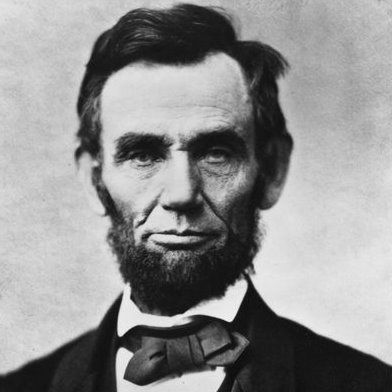
Info
American history is more than a collection of interesting stories, so why is it most often presented as such? It matters why things happened in the order they did. Join...
mostra di piùThese episodes originally aired as a regular segment on 610 KVNU's For The People radio program originating from Logan, UT throughout 2013. Daily episodes of For The People may be downloaded separately.

The American Story: A Narrative History of the United States
The American Story: A Narrative History of the United States
Andy RasmussenAmerican history is more than a collection of interesting stories, so why is it most often presented as such? It matters why things happened in the order they did. Join...
mostra di piùThese episodes originally aired as a regular segment on 610 KVNU's For The People radio program originating from Logan, UT throughout 2013. Daily episodes of For The People may be downloaded separately.
Informazioni
| Autore | Andy Rasmussen |
| Organizzazione | Andy Rasmussen |
| Categorie | Storia |
| Sito | - |
| - |
Copyright 2024 - Spreaker Inc. an iHeartMedia Company
